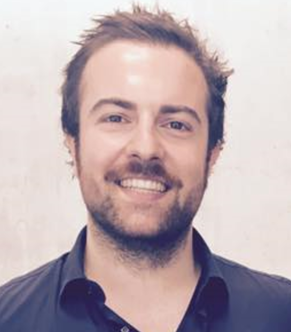Mattia Serra
UC San Diego
Seminar Information

Gastrulation is a critical event in vertebrate morphogenesis, characterized by coordinated large-scale multi-cellular movements. How spatio-temporal morphological structures emerge from cellular processes in a developing organism and vary across vertebrates remains unclear. Inspired by recent experiments on the chick embryo, we derive a continuum model that couples tissue flows, stress-dependent myosin activity, and actomyosin cable orientation. Our model predicts the onset and development of observed experimental patterns of wild-type and perturbations of chick gastrulation as a spontaneous instability of a uniform state. Varying the initial conditions and a parameter in our model, allows us to recapitulate the phase space of gastrulation morphologies seen across vertebrates, consistent with experiments. Altogether, this suggests that early embryonic self-organization follows from a minimal predictive theory of active mechano-sensitive flows.
Dr. Serra earned his Bachelor and Master of Science degrees in Mechanical Engineering from Politecnico
of Milano, and his Ph.D. in Nonlinear Dynamics from ETH Zurich.
Research: Professor Serra’s research centers on the development of data-driven methods and mathematical
models to study complex biological and physical systems, mostly defined through experimental dynamical data sets. These systems are typically nonlinear, multi-scale and chaotic, thus require new ideas to 1) best uncover the underlying causal mechanisms from their footprint on data, and 2) predict their behavior from the essential driving processes.
Prior to UC San Diego: Schmid Science Fellow in Applied Mathematics at Harvard University.
